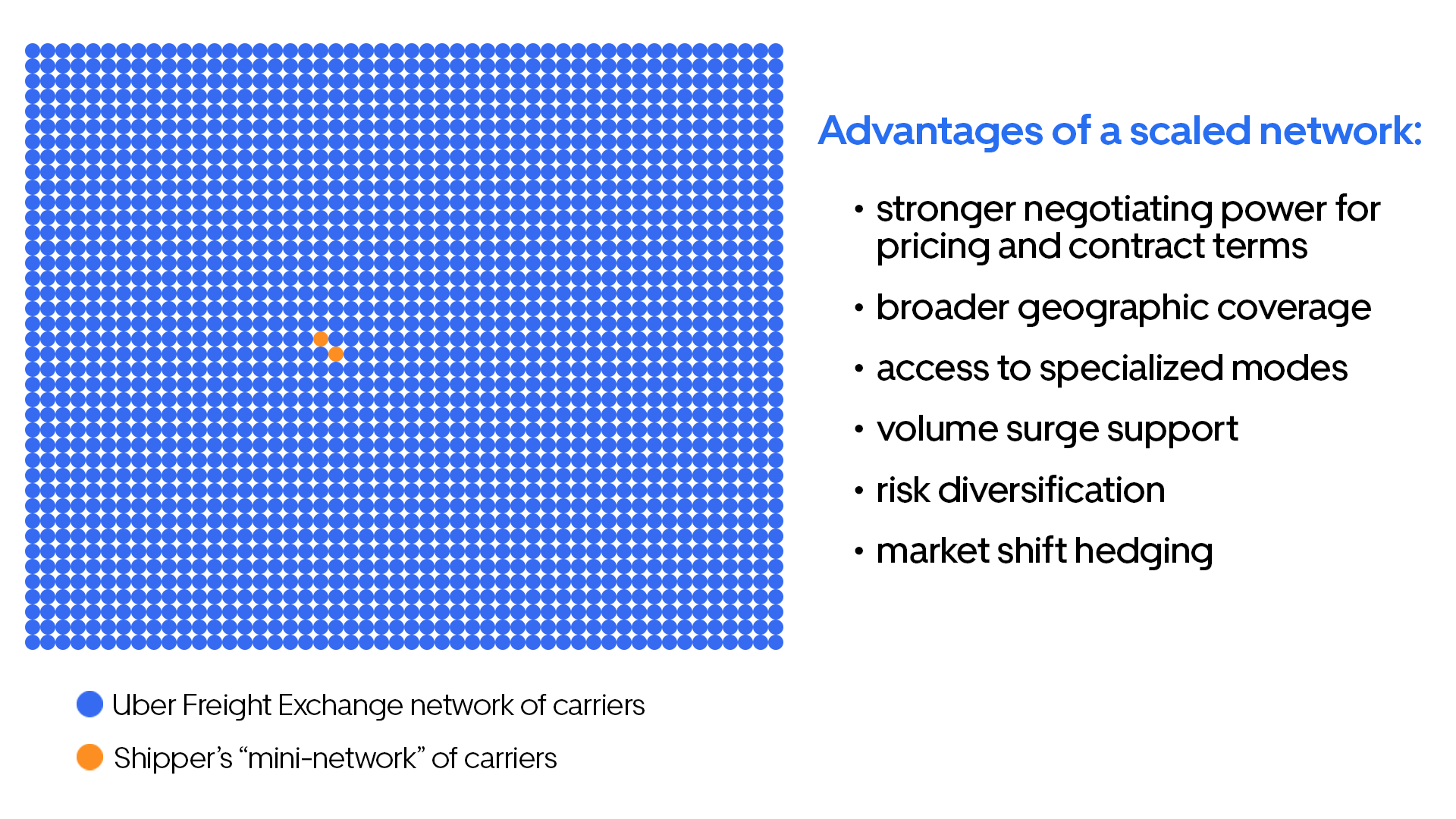Specialized Risk Competitions
Competitions focused on risk management and specialized fields have become increasingly important in today’s fast-paced and ever-changing business environment. As organizations face various risks, understanding these challenges is crucial for survival and growth. According to recent studies, businesses across the technology, media, and telecommunications sectors have identified multiple risk factors in their operations. These findings emphasize the need for specialized risk competitions that can cultivate awareness and develop strategies to tackle both current and future threats.
In this article, we will explore the concept of specialized risk competitions, their significance, and how they can benefit organizations and participants alike. We will delve into various areas such as risk assessment, competition formats, and the role of technology in enhancing these events. Along the way, we will also highlight key statistics and expert insights that demonstrate the growing relevance of risk management in competitive settings.
By the end of this article, readers will gain a deeper understanding of specialized risk competitions and their implications for businesses and professionals. We will review the structure of these competitions, examine examples of successful events, and discuss strategies for participating effectively. This article aims to equip readers with the necessary knowledge to succeed in the realm of risk management competitions.
Understanding Risk Management
The Fundamentals of Risk Management
Risk management is the process of identifying, evaluating, and prioritizing risks followed by coordinated resources to minimize, monitor, and control the probability or impact of unfortunate events. It is essential for organizations to implement effective risk management strategies to safeguard their assets, reputation, and overall operational efficiency.
The Importance of Risk Management Competitions
Competitions centered on risk management not only foster awareness about potential threats but also promote collaboration among industry professionals. These competitions encourage participants to leverage their knowledge and skills to devise innovative solutions to real-world problems. Topics often covered include cybersecurity, financial risk, operational risks, legal implications, and regulatory compliance.
Statistics on Risk Management
Recent studies show that organizations that actively engage in risk management practices can reduce losses by up to 35%. Additionally, companies that participate in risk-related competitions demonstrate a higher likelihood of implementing successful strategies, as these events often simulate real-life challenges.
Types of Specialized Risk Competitions
Case Study Competitions
Case study competitions require participants to analyze a specific scenario and propose viable solutions within a set timeframe. These competitions provide a platform for participants to apply theoretical knowledge to practical situations, enhancing their problem-solving capabilities.
Example of a Case Study Competition
One notable example is the Risk Management Challenge, where teams are tasked with identifying risks in a given case study and presenting strategic recommendations. Participants benefit from mentorship and feedback from industry experts, allowing them to refine their approach.
Simulation-Based Competitions
Simulation-based competitions create realistic environments where participants face various risks and must make decisions to mitigate them. These events often use software to replicate market conditions and assess how participants respond to changing situations.
Significance of Simulations
Simulations allow participants to experience high-pressure scenarios, enhancing their decision-making skills while adapting to the unpredictable nature of risk management. This hands-on experience is crucial in preparing professionals for real-world challenges.
Current Trends in Risk Management Competitions
Technology Integration
The integration of technology plays a pivotal role in modern risk competitions. From data analytics tools to machine learning algorithms, technology enhances participants’ ability to analyze risks effectively and develop robust strategies.
Emerging Tech in Competitions
For instance, participants have begun utilizing big data analytics to make informed decisions and predict potential risks based on historical data. This technological leverage gives competitors a distinct edge and fosters innovation in risk management practices.
Industry Collaboration
In recent years, we have witnessed a growing trend of industry collaboration in risk competitions. Organizations are partnering with academic institutions to co-host events that bridge the gap between theory and practice.
Partnership Examples
Collaborative efforts have led to competitions like the Global Risk Forum, where industry leaders come together to address pressing issues and share insights on managing risks effectively.
Preparing for Risk Competitions
Researching and Understanding Risks
Preparation is key for success in any specialized risk competition. Participants should thoroughly research the risks pertinent to their chosen field, including industry-specific challenges and emerging trends.
Building a Knowledge Base
By developing a strong foundation of knowledge, participants will be better equipped to identify potential risks and craft effective solutions during the competition.
Team Dynamics and Collaboration
Effective teamwork is essential for success in risk competitions that require collaborative problem-solving. Participants should establish clear communication channels and define each team member’s role to streamline their efforts.
Strategies for Team Success
- Develop a shared vision and objectives.
- Encourage open dialogue and constructive feedback.
- Utilize individual strengths for maximum impact.
Conclusion
Specialized risk competitions provide valuable opportunities for professionals to enhance their skills while addressing real-world challenges. As the landscape of business continues to evolve, the importance of effective risk management cannot be overstated.
We have explored various types of competitions, current trends, and preparation strategies that can help participants excel in this competitive domain. By engaging in these events, individuals not only refine their expertise but also contribute to the development of innovative solutions that can significantly impact their organizations.
In a world where risks are increasingly prevalent, the need for comprehensive risk management strategies is paramount. As we look ahead, we can anticipate further advancements in the design and execution of specialized risk competitions, helping to cultivate a new generation of risk management professionals.

